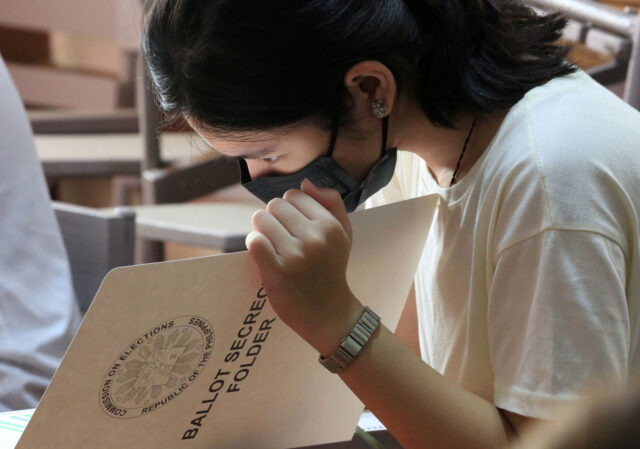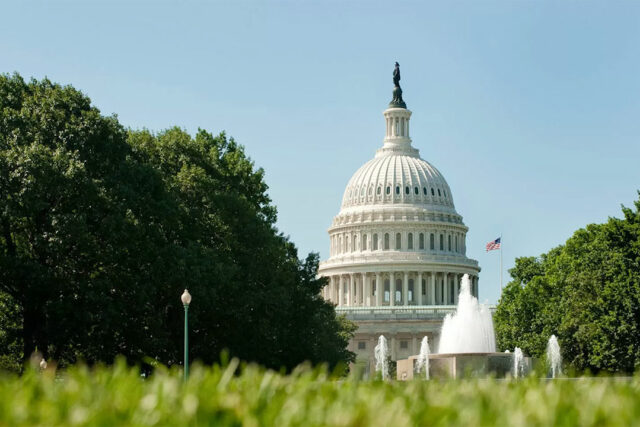House bills limiting substitution of candidates face uphill battle — Kontra Daya
AMENDING the country’s election law, which allows the substitution of political candidates, will be difficult, election watchdog Kontra Daya said over the weekend.
Introduced last month, House Bill No. 10186 seeks to limit the grounds for candidacy substitution by removing voluntary withdrawal as a valid cause for swapping election candidates.
“Strong laws like these that aim to reform the electoral system have always been unpopular in the Lower House (of Congress), where many take advantage of the rottenness of the political system to maintain power,” Kontra Daya Spokesperson Maded N. Batara III told BusinessWorld in a Viber message over the weekend.
A prominent case of substitution would be then Davao City Mayor Rodrigo R. Duterte’s candidacy in 2016. He replaced Martin Diño as Partido Demokratiko Pilipino’s (PDP) candidate for the presidential elections, which he subsequently won.
Some congressmen see this kind of political move during election season as misleading and deceptive for voters.
“Substitution is being taken advantage (sic), which necessarily results in the deception of the electorate as to the identity of a party’s nominees,” Bulacan Rep. Florida P. Robes said in the bill’s introductory note.
The withdrawal and subsequent substitution of candidates have been abused by certain political parties, Mr. Batara said. “The withdrawal clause has been repeatedly abused… to ‘hold the spot’ for… candidates that have yet to fully commit to running in the elections,” he said.
Getting rid of the withdrawal clause would force political parties to field candidates committed to representing their constituencies instead of personalities known for name recall.
“The abuse of substitution comes from the prevalence of personality politics and a lack of strong political parties in the Philippines, which incentivizes parties to court personalities with ‘star power’ or name recall,” said Mr. Batara.
However, he said there are smaller political parties that “have valid reasons to fully withdraw,” necessitating a candidate substitution. “We must be cautious in removing withdrawal as a reason for substitution altogether and instead add safeguards against political parties that abuse the substitution process,” he said.
There are six House bills seeking to amend the election code allowing for candidacy substitution that remain pending before the House Committee on Suffrage and Electoral Reforms. — Kenneth Christiane L. Basilio










